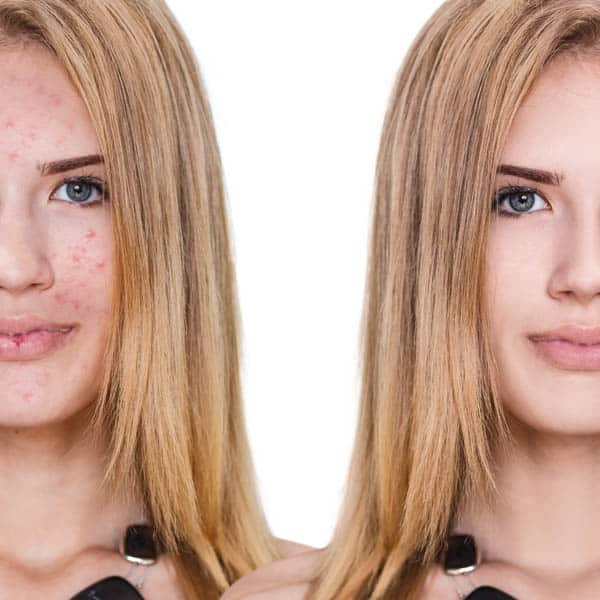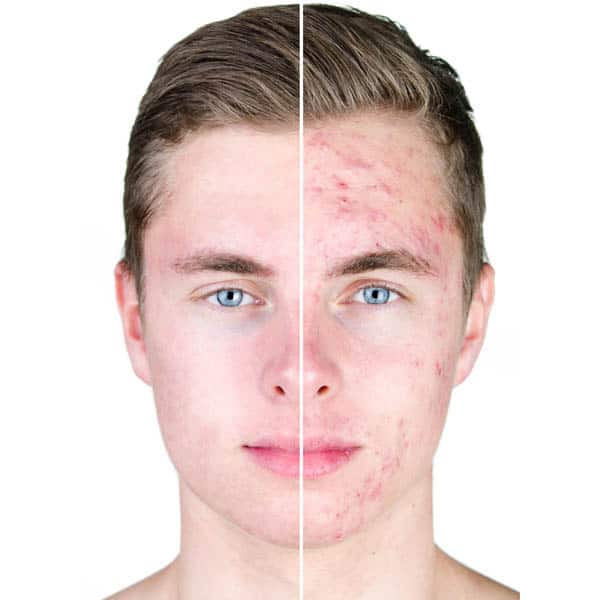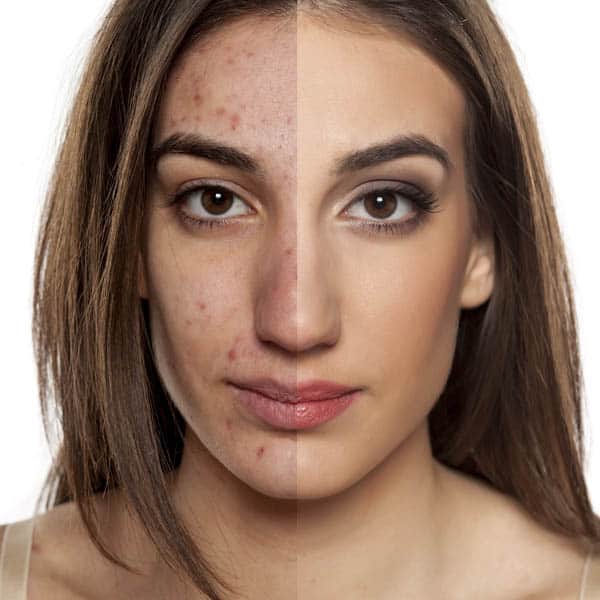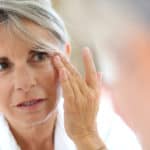Teens and Acne
What is Acne?
Acne is a common inflammatory skin condition that affects more than 80% of teenagers. It is characterized by blackheads, whiteheads, pimples, and deeper lumps (cysts) that occur on the face, neck, chest, back, shoulders, and upper arms. Acne ranges from mild to more severe forms.
What causes Acne?
Acne is caused by many factors affecting the skin including the combination of overactive sebaceous gland oil glands, clogged pores, and bacteria (especially one called Propionibacterium acnes). Other factors that can bring on acne or worsen it include heredity, hormones, menstruation, and emotional stress.
What kind of treatments can I expect for my acne?
There are many types of acne treatments that are effective including topical and oral therapies that all work in fighting acne in different ways. Some of the topical creams work by unplugging clogged pores, by killing some of the bacteria that causes acne, or by decreasing the swelling and redness. Some of these topical therapies can cause skin irritation and dryness. It may be necessary to decrease the amount of topical therapy or use your medication every other day until you can better tolerate the dryness.
These treatments are effective but require regular application of topical gels or creams and use of medicated face washes. In some cases, oral therapy may be necessary. This means you may have to take a pill once or twice a day as prescribed by your doctor.
What about my scars?
Most discoloration such as red or brown marks that remain after a pimple resolves will eventually fade or disappear over time. Some scars such as those that are raise or indented may require other treatments once acne breakouts are under control with your treatment. To avoid more scars avoid pimple popping or squeezing.
What kind of makeup can I wear?
Choose an oil free, noncomedogenic concealer and foundation. Some of the best foundations for acne prone skin are mineral based makeups. Other options include some foundations like Clinique’s Acne Solutions Liquid Makeup or Neutrogena Skin clearing Liquid Makeup which contain salicylic acid which work to control breakouts.
Dos and Don’ts of Accutane
- Stop all other acne medications during your course of Accutane
- Avoid taking multivitamins or products with Vitamin A or Beta-carotene while on Accutane.
- If you see another physician while taking Accutane, inform them that you are taking Accutane. If you are prescribed any medications, it is always a good idea to give us a call with the name of the medicine for our records. If you are given an oral antibiotic, please notify our office as it may be necessary to stop your Accutane while you are on this medication.
- Discontinue alcohol use while on Accutane.
- Avoid wearing contact lenses. If you do so, always lubricate your lenses well before inserting or removing them. Lubricate them several times during the day.
- If you have unwanted hair that you usually tweeze, you may continue this, but if you have your hair waxed, it is recommended that you avoid this while on Accutane. Prolonged redness, burns or skin erosions may occur during and after waxing.
- Accutane can cause abnormal scarring. Consult your doctor before having any surgical procedures while on Accutane and for six months after completion.
- Do not have any chemical peels, laser treatments, body piercing, or tattoos placed while on Accutane or for six months following completion.
- Minimize sun exposure while on Accutane. Sunscreens with an SPF 30 or sunscreens with Titanium Dioxide should be used. Try to avoid the sun during the hours of 11 am to 3 pm.
- All females should use two forms of birth control (abstinence can be one of them) while on Accutane and delay any considerations for pregnancy for three months after completion.
- Products such as Aquapor Healing Ointment, Vaseline, or Dr. Dan’s Cortibalm should be used for lip dryness resulting from taking Accutane.
- The skin and nasal lining often become dry while on Accutane. In some cases a few nosebleeds may occur. To help control this effect, a skin moisturizer should be used daily. Also, a small amount of a saline nasal gel or saline spray can be used once or twice each day inside the nostrils as needed.
- If you need an over-the-counter pain reliever while on Accutane, we recommend using Ibuprofen (also known as Motrin and Advil) instead of Acetaminophen (Tylenol).
- Do not pick at any dry skin or acne lesions and do not share your medication with anyone.




 Previous Post
Previous Post Next Post
Next Post